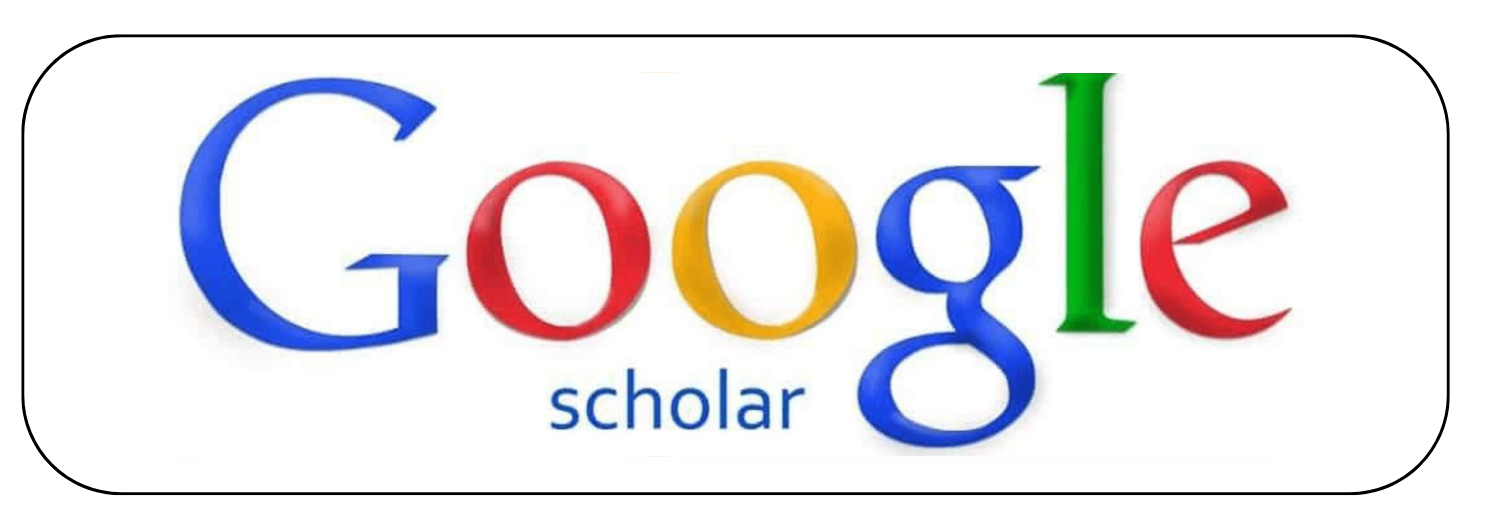Understanding Muslim Consumer Behavior: The Financial Literacy Link to Islamic Product Purchase
DOI:
https://doi.org/10.61688/ajpbs.v3i1.358Keywords:
Financial Literacy, Muslim Intention, Islamic ProductAbstract
Understanding the determinants of consumer intention to purchase Islamic products is crucial in the expanding global Islamic finance market. This study examines the role of financial literacy in influencing Muslim consumers' purchasing intentions, providing insights into how informed financial decision-making aligns with Islamic principles. While prior research highlights the significance of financial literacy in economic behavior, limited attention has been paid to its specific impact on the consumption of Sharia-compliant products, especially when integrated with factors like electronic word-of-mouth (eWoM). Addressing this gap, the study employs a quantitative methodology using a structured survey distributed to Muslim consumers. Analysis was conducted via SPSS to assess the correlation between financial literacy and purchase intention. Key findings indicate a strong positive relationship between financial literacy and the inclination to engage with Islamic products, underscoring its role in fostering consumer confidence and ethical financial practices. By advancing understanding in this area, the paper contributes to bridging the literature gap, emphasizing financial literacy as a pivotal factor in the decision-making process. This research not only informs marketers and policymakers on strategies to enhance financial education but also provides a foundation for future studies to explore its interaction with digital and cultural variables. Future research should delve deeper into longitudinal and cross-cultural analyses to generalize findings and develop tailored educational initiatives that further integrate financial literacy into Muslim consumer behavior frameworks.
Downloads
Published
How to Cite
Issue
Section
Categories
License
Copyright (c) 2022 Izzah Insyirah Noorhisam, Shahri Bin Seman

This work is licensed under a Creative Commons Attribution 4.0 International License.
Published by Universiti Poly-Tech Malaysia. This article is licensed under the Creative Commons Attribution (CC BY 4.0) license. Anyone may reproduce, distribute, translate, and create derivative works from this article (for both commercial and non-commercial purposes), provided full attribution is given to the original publication and authors. The complete terms of this license can be found at:http://creativecommons.org/licenses/by/4.0/legalcode













